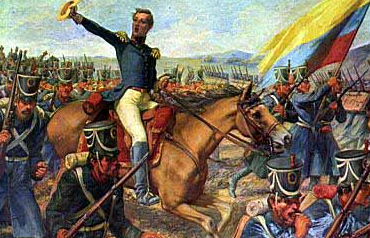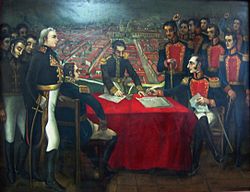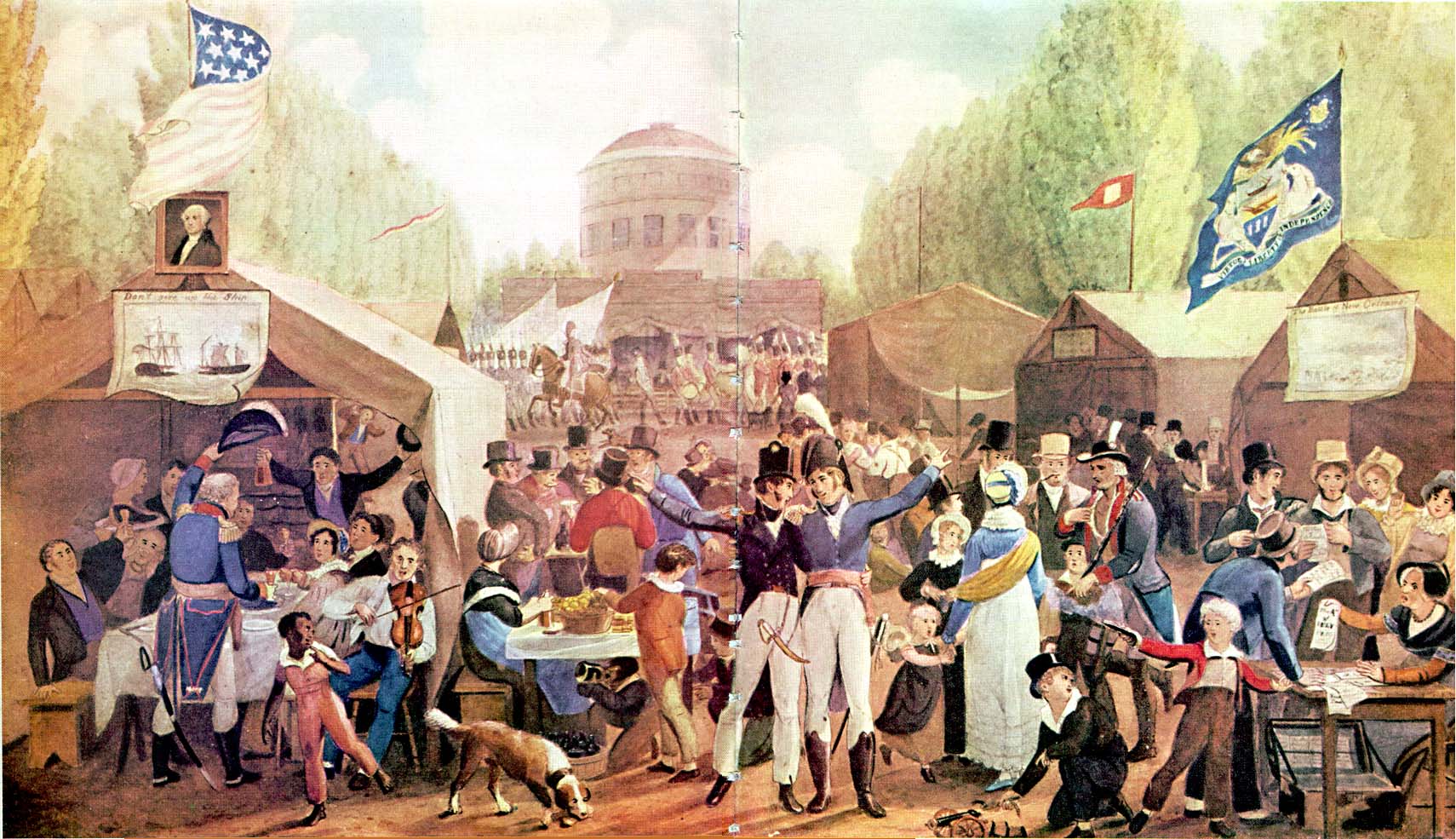The Battle of May 24. THE BATTLE OF PICHINCHA May 24, 1822
It was the battle of liberation from Spanish rule. A historic moment for the republic of Ecuador. History points to Marshal Antonio Jose de Sucre as the great manager of the Battle of Pichincha.
After the release of Guayaquil on October 9, 1820, the country enters a deep overhaul of its identity and after two failed attempts to free themselves from oppression, the great battle occurs on the slopes of Pichincha volcano, hence history remembers that episode as the Battle of Pichincha.
It was in 1822, where Sucre decides to face the Spanish troops with 1,700 men over the days became 3000 thanks to San Martin.
The big day was coming, it was the early morning of May 23 when troops silently run the Pichincha to plan what would be the battle of freedom and triumph.
After setbacks and hours of waiting, on May 24 the battle under a blazing sun occurs. Despite the casualties, the victorious soldiers were climbing the summit of the volcano. Once at the top they cried victory and thus one of the most memorable in the history of Ecuador days devoted.
May 24 is considered a civic date of the heroes who gave their lives for freedom. With the Battle of Pichincha, Ecuador political independence that marked the beginning of the Republican and independent life of Ecuador was sealed.
On May 25, Sucre entered with his army to Quito where he announced the surrender of the Spanish troops established in the territory that the government of Colombia called "Department of Quito", considering it as an integral part of the Republic of Colombia since its inception, the December 17, 1819.
This is not one of the most dazzling of local festivals, but
it is one of national pride. On the 24th of May, both the military and many
civilians do their utmost to put on a public display of national pride. The
result is definitely worth seeing as parades, airplane shows and other
activities all convey a strong sense of Ecuadorian nationalism. Of course, the
best activities take place at Pichincha volcano so if you really want to get a
good idea of festival activities then Pichincha is the one of best places to
visit.





Independence Day in the United States
Independence Day is annually celebrated on July 4 and is
often known as "the Fourth of July". It is the anniversary of the
publication of the declaration of independence from Great Britain in 1776.
Patriotic displays and family events are organized throughout the United
States.
Celebrate Independence Day
Independence Day is a day of family celebrations with
picnics and barbecues, showing a great deal of emphasis on the American
tradition of political freedom. Activities associated with the day include watermelon
or hotdog eating competitions and sporting events, such as baseball games,
three-legged races, swimming activities and tug-of-war games.
Many people display the American flag outside their homes or
buildings. Many communities arrange fireworks that are often accompanied by
patriotic music. The most impressive fireworks are shown on television. Some
employees use one or more of their vacation days to create a long weekend so
that they can escape the heat at their favorite beach or vacation spot.
Independence Day is a patriotic holiday for celebrating the
positive aspects of the United States. Many politicians appear at public events
to show their support for the history, heritage and people of their country.
Above all, people in the United States express and give thanks for the freedom
and liberties fought by the first generation of many of today's Americans. The
Statue of Liberty is a national monument that is associated with Independence
Day.
Public Life
Independence Day is a federal holiday. If July 4 is a
Saturday, it is observed on Friday, July 3. If July 4 is a Sunday, it is
observed on Monday, July 5. Government offices and schools are closed. Some
businesses may be closed as well. In some years, many employees use a
proportion of their vacation days to create a long weekend. This can cause
congestion in some places, particularly towards popular holiday destinations.
There are many public events, parades, shows and fireworks
displays. This may cause local disruption to traffic. Public transit systems do
not usually operate on their regular timetables.
About Independence Day
In 1775, people in New England began fighting the British
for their independence. On July 2, 1776, the Congress secretly voted for
independence from Great Britain. Two days later, on July 4, 1776, the final
wording of the Declaration of Independence was approved, and the document was
published. The first public reading of the Declaration of Independence was on
July 8, 1776. Delegates began to sign the Declaration of Independence on August
2, 1776. In 1870, Independence Day was made an unpaid holiday for federal
employees. In 1941, it became a paid holiday for them.
The first description of how Independence Day would be
celebrated was in a letter from John Adams to his wife Abigail on July 3, 1776.
He described "pomp and parade, with shows, games, sports, guns, bells,
bonfires, and illuminations" throughout the United States. However, the
term "Independence Day" was not used until 1791.
Interestingly, Thomas Jefferson and John Adams, both signers
of the Declaration of Independence and presidents of the United States, died on
July 4, 1826 - exactly 50 years after the adoption of the declaration. It is
also important to note that Native Americans lived in the country and each
tribe had its own nation and government prior to the European settlers.




No hay comentarios:
Publicar un comentario